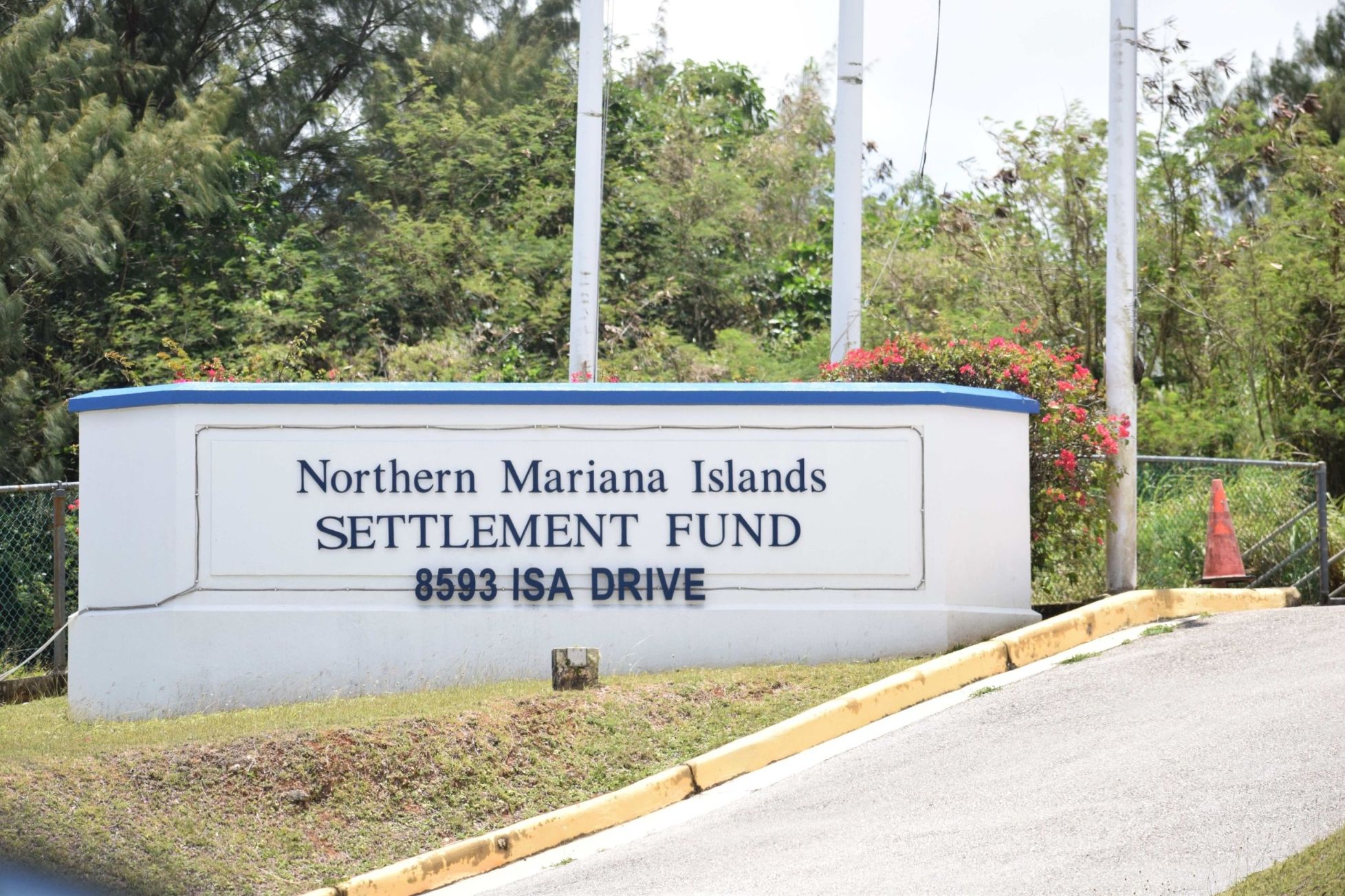HAGÅTÑA (The Guam Daily Post) — A resolution condemning a century-old series of Supreme Court decisions in the U.S. House of Representatives was heard in committee, and non-voting members from the territories each underscored the negative impact the judicial orders have had in their communities.
“The Insular Cases, [which are] relics of the racist views of the 19th century [that have] no place in our nation today, are still in active use by the courts,” said U.S. Congressman Gregorio Kilili Camacho Sablan of the CNMI who chaired the hearing.
The cases created the concept that America has “unincorporated” territories to which it can selectively apply the Constitution. And Congress has the power to determine which federal laws and programs a U.S. territory like the CNMI or Guam has.
“Congressional will, or lack thereof, is what denies these programs to the territories,” Sablan said.
Puerto Rico’s Resident Commissioner Jenniffer Gonzalez Colon is the ranking Republican on the House Natural Resources Committee, and a co-sponsor of the House resolution. She shared the perspective of a former Puerto Rico chief justice, who said the Insular Cases were based on premises that would be legally and politically unacceptable in the 21st century.
“Premises such as that democracy and colonialism are fully compatible, that there is nothing wrong with democracies such as the United States engage in the business of governing others — subjects that have not participated in their democratic election process, that the people are not created equal, some races being superior [to] others, and that [it] is the burden of the superior people: the white man’s burden, to bring up others in their image — except, to the extent that the nation which possess them shall in due time determine,” she said.
The Guam Legislature is considering its own resolution that supports the congressional measure.
For her part, Rose Cuizon-Villazor, a vice dean at Rutgers Law School and a former CNMI resident, earlier noted the “redemptive, benevolent value” that these U.S. Supreme Court decisions brought to the territories, including the Northern Marianas.
She said the Commonwealth benefitted from the Insular Cases during a successful defense against a legal challenge to its local restriction on property ownership.
“Had the Ninth Circuit (Court of Appeals) not had the Insular Cases to rely on, it would have likely had to have used the traditional Equal Protection law to examine the validity of the restrictive land alienation law [of the CNMI],” she said, referring to Article 12 of the Commonwealth Constitution. “Notably, under equal protection strict scrutiny, the law in the CNMI would likely have been struck down.”
Cuizon-Villazor advocated for a legislative solution that would protect some of the benefits granted to territories through the Insular Cases.












